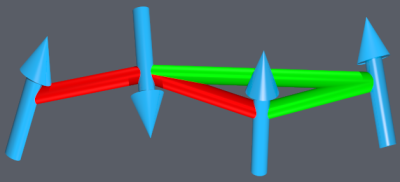People of the group
The group composition is variable, but it currently consists of two graduate students, one postdoc and the group leader. If you feel like joining our group, be it for a visit, as a summer student, a final-year project, for a Masters by Research, a PhD student or as a postdoctoral fellow, please let us know.
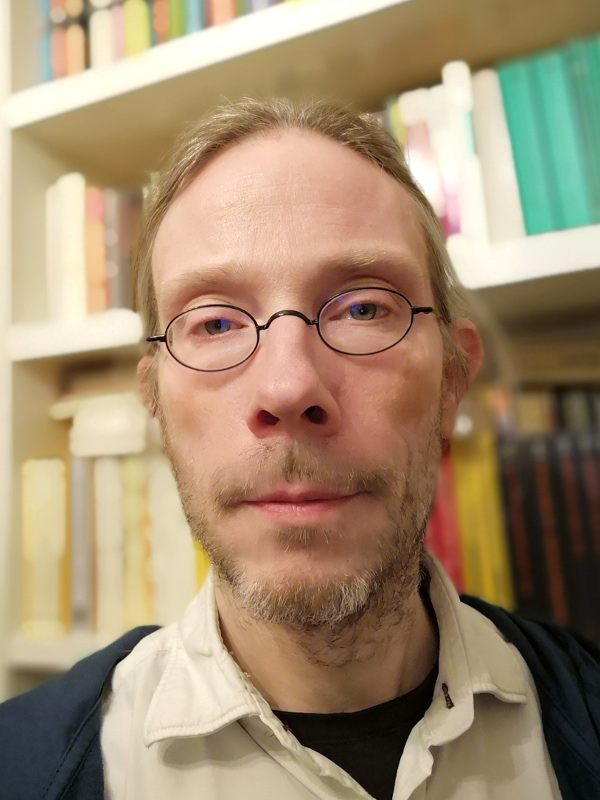
Prof Martin Weigel
Martin received his PhD in 2002 from the University of Leipzig under the supervision of Prof. Wolfhard Janke, working on the statistical mechanics of dynamical triangulation models for random surfaces and simplicial quantum gravity. From 2003 to 2005 he worked with Prof. Michel Gingras at the University of Waterloo, Ontario, Canada as a postdoctoral fellow starting research into the low-temperature properties of spin glasses. Between August 2005 and August 2007, he held an Individual Marie Curie Intra-European Fellowship, performing research on disordered systems in statistical mechanics and (lattice) field theory, working with Prof. Des Johnston at Heriot-Watt University, Edinburgh, Scotland. Since September 2007, he is working at Johannes-Gutenberg University Mainz, first as a postdoctoral fellow in Prof. Binder's group and since January 2008 as an independent junior research group leader in the Emmy Noether Programme of the DFG. At the end of 2011, he joined the AMRC at Coventry University as a Senior Lecturer. In 2013, he became a Reader in Theoretical Physics and in 2020 he was conferred a Professorship in Computational Physics.
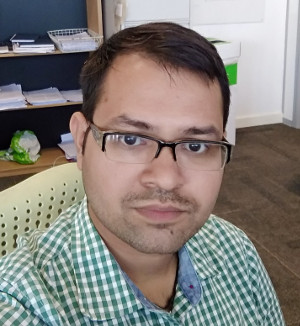
Dr Manoj Kumar
Manoj studied for bis PhD at Jawaharlal Nehru University in Delhi, working with Sanjay Puri at JNU as well as Varsha Banerjee at IIT Delhi on a range of problems revolving around equilibrium and coarsening phenomena in disordered systems. After a year as a postdoc at the International Centre for Theoretical Sciences in Bangalore, he joined us as a Royal Society - SERB Newton International Fellow in March 2019. His work here at Coventry is focused on elucidating the phase diagram of the random-field Potts model.
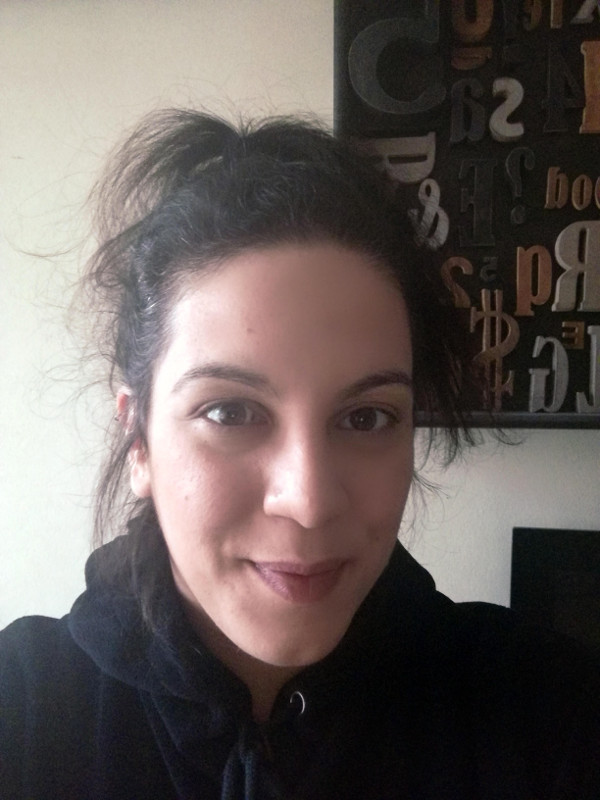
MSc Argyro Mainou
Iro joined the AMRC in 2016 after completing her MSc in Mathematics and its Applications at the University of Kent. Under the joint supervision with Nikos Fytas she is now working on furthering our understanding of the physics of the random-field Ising model using combinatorial optimization methods, in particular for the case of discrete random-field distributions and regarding the scaling behavior for continuous distributions in very low (crossover length) and very high (restoration of dimensional reduction) dimensions.
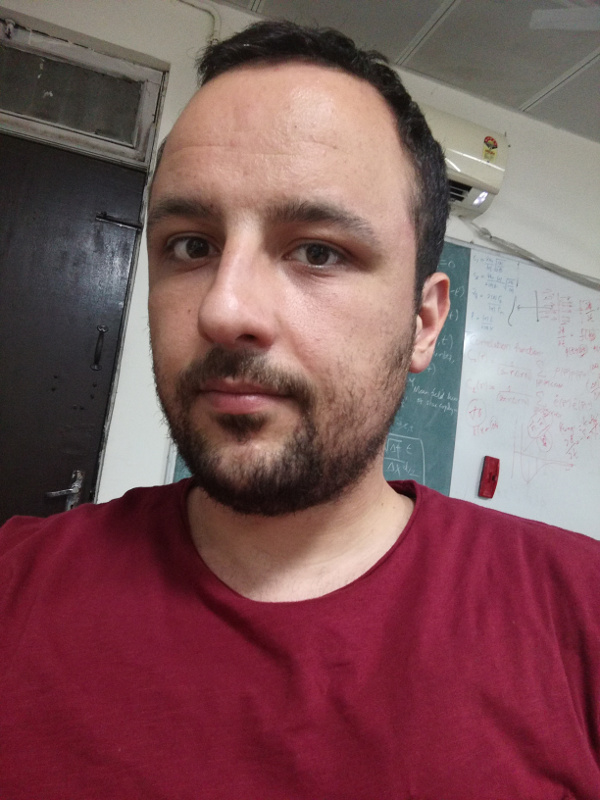
MSc Mixalis Akritidis
Mixalis received his undergraduate and MSc education in physics from the National and Kapodistrian University of Athens. He joined the group at Coventry in September 2018, starting to work on algorithmic and physical aspects of disordered systems, including work on Monte Carlo algorithms. One focus of his work is the development of efficient simulation methods for spin glasses. In collaboration with the groups of Sanjay Puri and Varsha Banerjee in Delhi he has started work on coarsening phenomena and the physics of super-spin glasses.
Previous Members
People who have left the group, but are still still in (more or less) close contact.
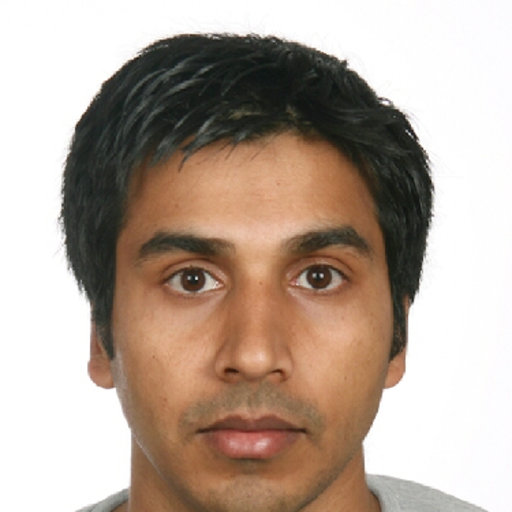
Dr Ravinder Kumar
Ravinder completed his BSc and MSc degrees in physics at the University of Leipzig. He then enrolled on a joined (co-tutelle) PhD degree between Coventry University and the University of Leipzig, where he was supervised by Wolfhard Janke. Using advanced computational tools such as simulations on GPUs, Ravi worked on the physics of spin glasses in particular in two dimensions, investigating the effect of changing frustration on the existence of a spin-glass transition. He now works for the Volkswagen group.
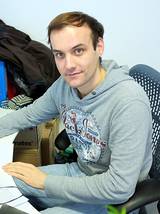
Dr Eren Metin Elçi
Eren joined the group in Mainz in 2011 to write a Bachelor's thesis on efficient implementations of the Sweeny algorithm for simulations of the random-cluster model. In 2012, Eren joined the group to Coventry to work on extensions of the Sweeny approach as well as a number of further aspects of equilibrium and non-equilibrium properties of the Potts and random cluster models. This includes fragmentation properties of Potts clusters, corner contributions to the free energy and domain ordering kinetics. Eren enjoys to work with a combination of analytical and numerical techniques. He graduated with a PhD in 2015. He now works as a data scientist for Bayer.
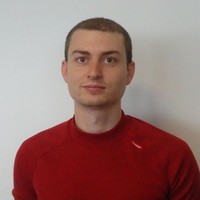
Dr Emilio Flores Sola
Emilio came to Coventry from Barcelona in 2012 to do his PhD under a joint supervision of Ralph Kenna and Martin Weigel. Emilio was then working on numerical simulations to investigate the finite-size scaling of spin systems with long-range interactions, specifically in the regime corresponding to systems above the upper critical dimension. Emilio's work is based on a series of papers by Kenna and Berche discussing such scaling properties avoiding the usual arguments of dangerous irrelevant variables. Emilio graduated with a joint (co-tutelle) degree from the Universite de Lorraine and Coventry University in 2016. He now works in Barcelona.
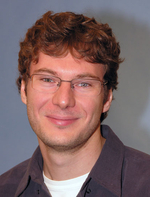
Dr Heitor Fernandes
Heitor studied physics at the Universidade Federal do Rio Grande do Sul, where he received his BSc in 2001 and his MSc in 2003. During his PhD studies he worked with J. J. Arenzon and Y. Levin on Monte Carlo simulations of hard core lattice gases. He was awarded his PhD degree in 2007. In summer 2009 he joined our group in Mainz to work on the implementation of Monte Carlo simulations without detailed balance in a joint project with Tanja Schilling funded by the Center for Computational Sciences of Mainz University. In September 2010, Heitor moved onto a professor position at the Universidade Federal do Rio Grande do Sul, Brazil.
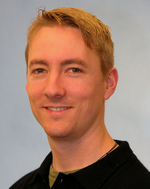
Dr Jacob Stevenson
Jacob received his BSc in physics from Cornell University in 2003 and moved on to UCSD to study for his PhD, working with Peter Wolynes on the physics of glasses and supercooled liquids. After being awarded his PhD in 2009, Jake joined the group in Mainz in summer 2009 and started working on random-field problems, in particular the random-field Ising model in two dimensions and its connection to stochastic Loewner evolution (SLE). In summer 2011, Jake left Mainz to go to Cambridge to work with David Wales on a Marie Curie Fellowship.
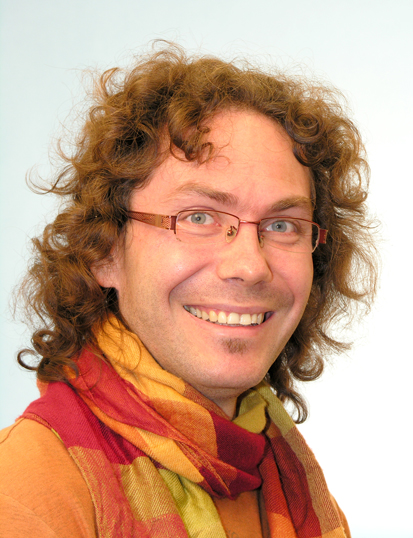
Dr Taras Yavorskyi
Taras studied physics at the Ivan Franko National University of Lviv, where he received his Diploma degree in 1997 and his PhD in 2001, working on field theoretic treatments of critical phenomena under the supervision of Y. Holovatch. After being a lecturer in Lviv and a postdoctoral stay in Hannover, he started working as a postdoctoral fellow at the University of Waterloo in 2003, working on highly frustrated magnetic systems with Michel Gingras. He joined our group in fall 2010 in a joint project on spin-glass simulations on GPU with Elmar Schömer funded by the Center for Computational Sciences of Mainz University. In 2012, Taras joined the AMRC at Coventry as a Lecturer.
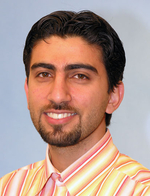
Dr Hamid Khoshbakht
Hamid received his undergradute education from Isfahan University of Technology in Iran, where he was awarded a BSc in physics in 2005 at a MSc in 2008. His MSc dissertation under the supervision of F. Shahbazi was dealing with phase synchronization on random networks. Hamid joined the group in Mainz in summer 2009 as a PhD student where he started to investigate ground-state properties of discrete and continuous spin-glass systems in two dimensions. After some break that allowed him to build a tutoring business in Southampton he defended his PhD at Mainz University in February 2019.
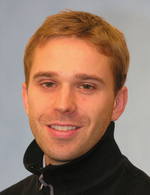
Dr Frank Beyer
Frank studied physics at the Universität Leipzig. After a stay abroad at ETH Zurich 2005/2006, he received his Diploma in 2008, working with W. Janke on the physics of spin glasses in two dimensions. Frank joined our group in May 2008 as a PhD student and is working on a number of problems relating to the understanding of spin glasses with continuous spins, including the limit of an infinite number of spin components and the development of novel optimization heuristics. Frank graduated with a PhD in 2012. He is now developing a distance learning platform for maths education in high schools.
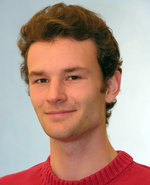
Dipl.-Phys. Florian Senger
Florian is studying physics at Johannes Gutenberg-Universität Mainz. In 2009, he joined us to work on his Diploma thesis, investigating the kinetics of phase ordering in disordered systems. In particular, he is applying even-driven Monte Carlo simulations to study domain growth in random-bond and random-field Ising models. After finishinh his studies in Mainz, Florian moved on to the Frauenhofer ISI, Karlsruhe to do study for his PhD.
Collaborators
The group is in contact with a number of external groups in the field. In particular, relations exists with the following people.
- Varsha Banerjee, Indian Institute of Technology, Delhi, India
- Lev Barash, Landau Institute of Theoretical Physics, Moscow, Russia
- Bertrand Berche, Université de Lorraine, Nancy, France
- Bernd A. Berg, FSU Tallahasse, Florida, USA
- Elmar Bittner, University of Heidelberg, Germany
- Nikolaos Fytas, Coventry University, Coventry, UK
- Michel J. P. Gingras, University of Waterloo, Canada
- Firas Hamze, D-Wave Systems Inc., Burnaby, Canada
- Alexander Hartmann, University of Oldenburg, Germany
- Itay Hen, University of Southern California, USA
- Malte Henkel, Université de Lorraine, Nancy, France
- Yurij Holovatch, Institute for Condensed Matter Physics, Lviv, Ukraine
- Ferenc Iglói, Wigner Research Centre, Budapest, Hungary
- Wolfhard Janke, University of Leipzig, Germany
- Desmond A. Johnston, Heriot-Watt University, Edinburgh, Scotland, UK
- Helmut G. Katzgraber, Microsoft Quantum, Redmond, USA
- Ralph Kenna, Coventry University, Coventry, UK
- Jonathan Machta, University of Massachussetts, Amherst, USA
- Michael A. Moore, University of Manchester, UK
- Gerardo Ortiz, Indiana University, Bloomington, USA
- Sanjay Puri, Jawaharlal Nehru University, Delhi, India
- Zohar Nussinov, Washington University, St. Louis, USA
- Lev Shchur, Landau Institute for Theoretical Physics, Moscow, Russia
- Tanja Schilling, University of Freiburg, Germany
- Stefan Thurner, Medical University of Vienna, Austria
- Johannes Zierenberg, Max Planck Institute for Dynamics and Self-Organization, Göttingen, Germany
